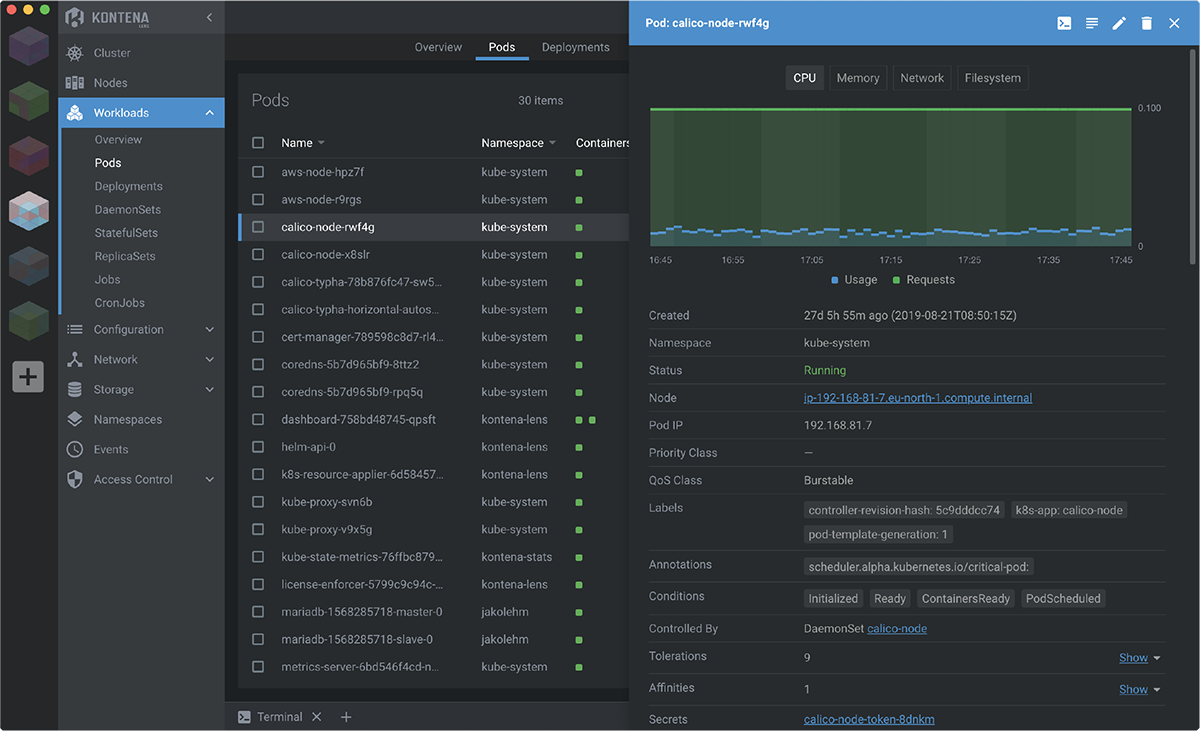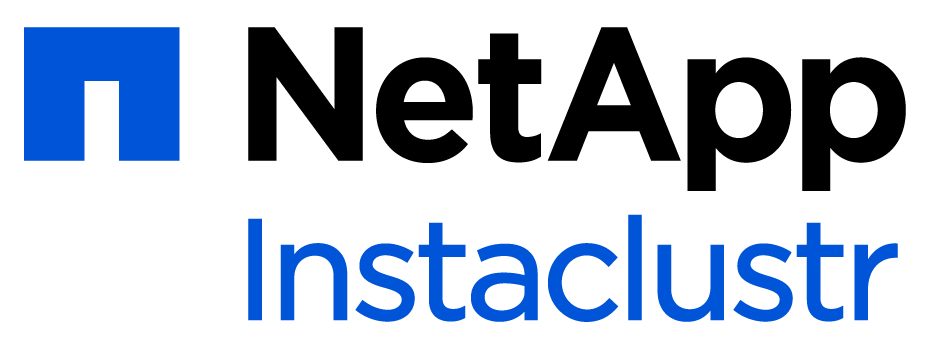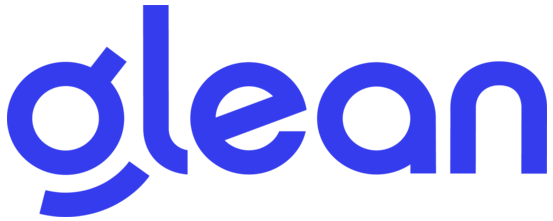Mirantis Acquires Lens Kubernetes IDE; Latest Move To Simplify Cloud App Development
Mirantis continues to make Kubernetes more accessible and open. IDN looks at its acquisition of Lens IDE to bring multi-cluster management into the mainstream and coming debut of Docker Enterprise Container Cloud.

Mirantis has acquired Lens, the Kubernetes integrated development environment (IDE) open source project from its authors.
With the move, Mirantis intends to bring multi-cluster management into the mainstream and simplify how developers work with Kubernetes and cloud-native applications, according to Mirantis CEO and co-founder Adrian Ionel.
"Just like Visual Studio was a breakthrough for software developers, Lens is a game changer for Kubernetes developers and operators. It makes writing, testing and running Kubernetes apps easy and simple on any public or private cloud," Ionel said in a statement. "Lens fills a major gap in moving people from being interested in Kubernetes to being productive with Kubernetes."
Lens is a powerful IDE for staff who deal with Kubernetes clusters on a daily basis. The Lens IDE ensure clusters are properly setup and configured by providing increased visibility, real time statistics, log streams and hands-on troubleshooting capabilities. Lens has a standalone application for MacOS, Windows and Linux operating systems.
With the acquisition, Mirantis will invest "significantly" in Lens' future development and continue to work with the Lens community and leading ecosystem players. In addition, Lens will remain free and open source, according to the Mirantis official announcement.
"Lens has enabled our developers to be more productive by accelerating and simplifying the Kubernetes development workflow," said Matti Paksula, CTO at Supervisor.com. "The best feature in my opinion is that when I do kubectl get pod in the terminal, the dashboard you are looking at is always in the right context. Additionally, I don't need to worry about working with stale information because everything is real-time."
Notable features of Lens include:
Immediate Situational Awareness in Context: Lens provides users a fast and easy path to situational awareness in real-time for Kubernetes applications and clusters. With a context-aware terminal, built-in Prometheus stats, and comprehensive logging, Lens also offers simple navigation through all layers in the stack and view performance data and troubleshoot issues.
Context-Aware Terminal: The built-in terminal includes a version of kubectl that is always API-compatible with your cluster and in the right context by automatically downloading and assigning the correct version in the background. As the user switches from one cluster to another, the terminal maintains the correct kubectl version and context.
Multi-Cluster Management on Any Cloud: Access and work with any number of Kubernetes clusters on any cloud, from a single unified IDE. The clusters may be local (e.g., minikube, Docker Desktop) or external (e.g., Docker Enterprise, EKS, AKS, GKE, Rancher, or OpenShift). Clusters may be added simply by importing the kubeconfig with cluster details.
Multiple Workspaces: Workspaces let users organize any number of clusters into logical groups. They are useful for DevOps and SREs who need to manage multiple (even hundreds of) clusters. A single workspace contains a list of clusters and their full configuration.
Built-In Prometheus Stats: See real-time graphs and resource utilization charts integrated into the dashboard, always in the right context. Lens comes with a built-in and multi-tenant Prometheus setup that respects role-based access control (RBAC) for each user. Users can see visualizations for all the namespaces and resources to which they have access.
Lens is available on GitHub under the MIT license and has garnered widespread adoption of 35,000 users. It was launched as an open source project in March 2020.
Interested parties can view demos of Lens during Mirantis' Launchpad 2020 virtual event on September 16. Mirantis will also unveil a new product to be called Docker Enterprise Container Cloud.
"For companies to successfully make the move to modern apps, they need to put the power of Kubernetes in the hands of their developers without suffering from complexity and lock-in," said Doug Laird, Mirantis' chief marketing officer in a statement. "Mirantis is pushing the boundary of what's possible with Kubernetes, and we're excited to show the world new ways to empower developers working on cloud-native apps."







